RV Electrical Safety Basics - What is a Volt?
The professor of electrical engineering at the local university will tell you that a volt is a standard international unit of electric potential. What? Why do I have the definition and still don’t know what in the world it is. Let me break it down into terms that I can understand, and then certainly the masses will understand too. Think of a volt in terms of pressure. An electrical unit waiting to be set into motion with the right circumstances. Like a balloon that is under pressure. When it is popped, the air is set free into motion. So what sets a volt free?
Have you ever been shocked by a door knob? For some reason the doorknob was holding on to some precious volts, under pressure and waiting to be set free, and when you came along and touched it, you were the conduit to allow the pressure to flow. So where did it go? Well, it went through you, from one part, to whatever other part of you that was touching something that had less volts than the door knob.
If you were standing on the ground that was zero volts, and you touched a door knob with 60 volts, the pressure of 60 volts pushes current (otherwise known as Amps) to the part that is at zero volts. What if the ground was at 60 volts too?

Have you ever wondered why a bird can stand on a power line charged with 100,000 volts and sing like there is no danger? Because both of the birds feet are on the exact same pressure of volts, and therefore the pressure is offsetting. If the bird picked a foot up and put it on a zero volt grounded pole, guess what? The pressure would be set free and the bird would turn into a cooked bird as the 100,000 volts pushed current through it to the path of least pressure.
Now let's go back to the doorknob example. Depending on what you are standing on when you touch the doorknob makes a difference. If you have some nice rubber sole shoes on, then you may feel nothing, but if you are standing barefoot in some water, then you have made a positive connection with the zero volt surface. This is the idea of completing a circuit that you may have heard of before.
Are RVers in danger of bad electricity? Maybe, but don’t walk around paranoid while you are enjoying the RV life. Just know what to look for, and practice safe procedures when hooking your RV to power, and always use a Surge Guard Total Electrical Protection System. If you are getting shocked by different parts of your RV, then there is a problem and you should report it to the front office and asked to be moved.
To learn more about your RV's electrical system and how to stay protected, check out our Complete Guide to RV Surge Protection.




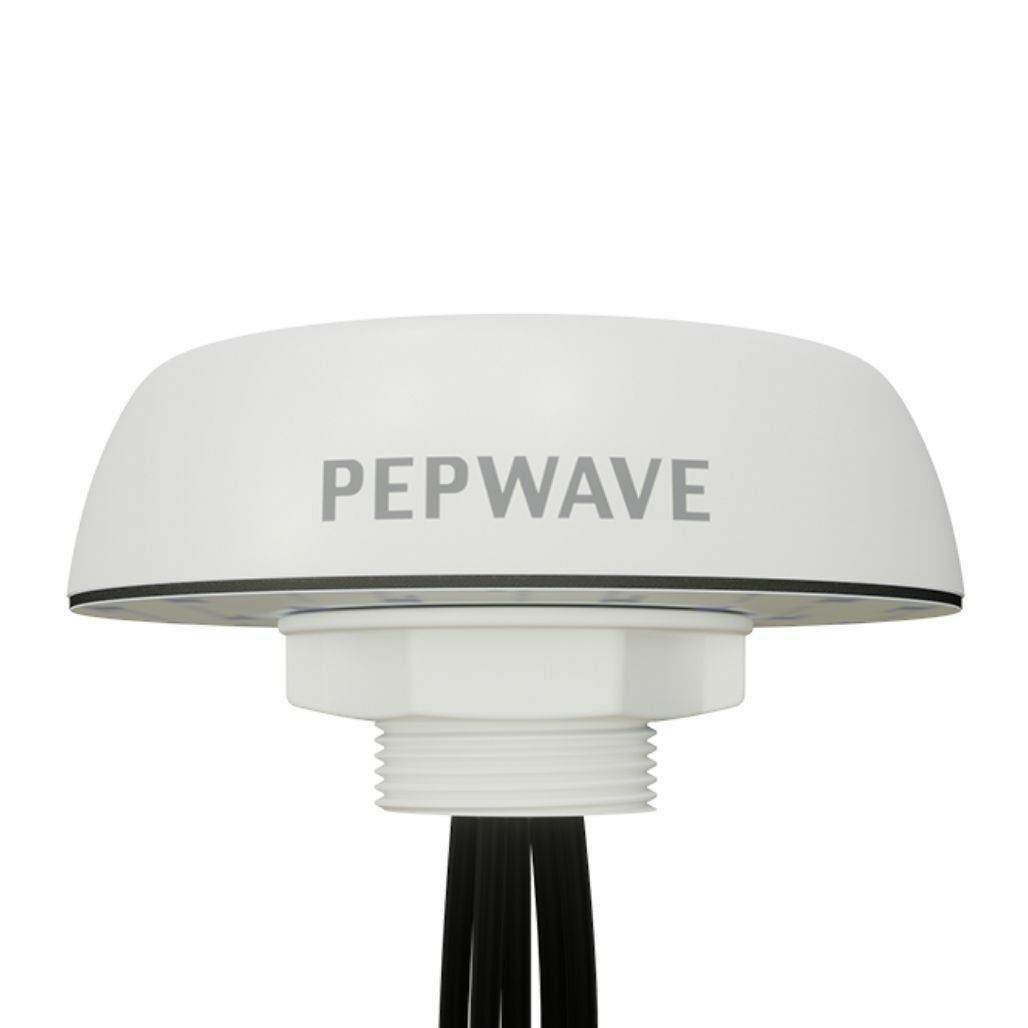
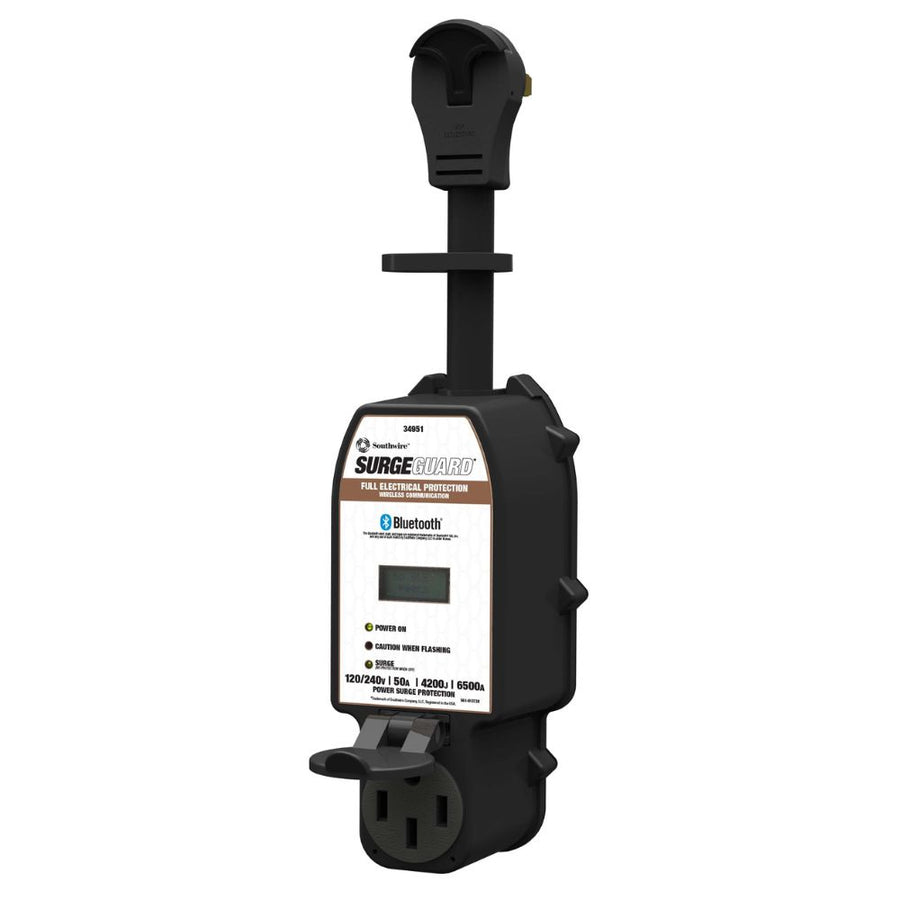

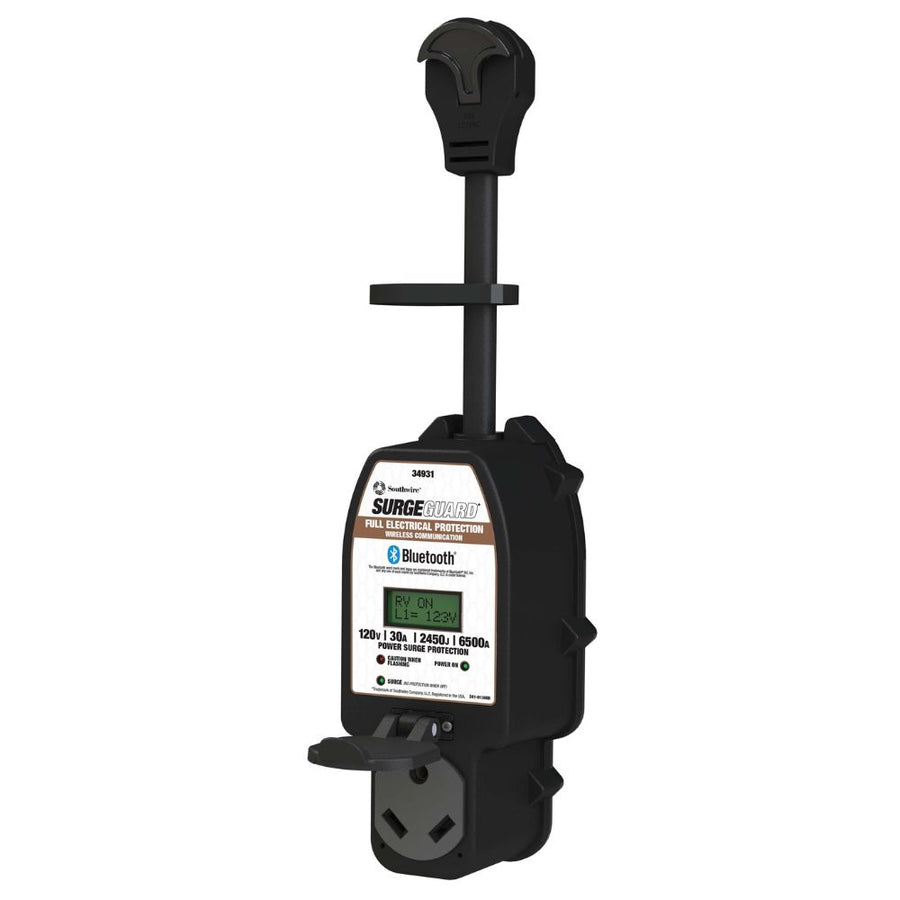

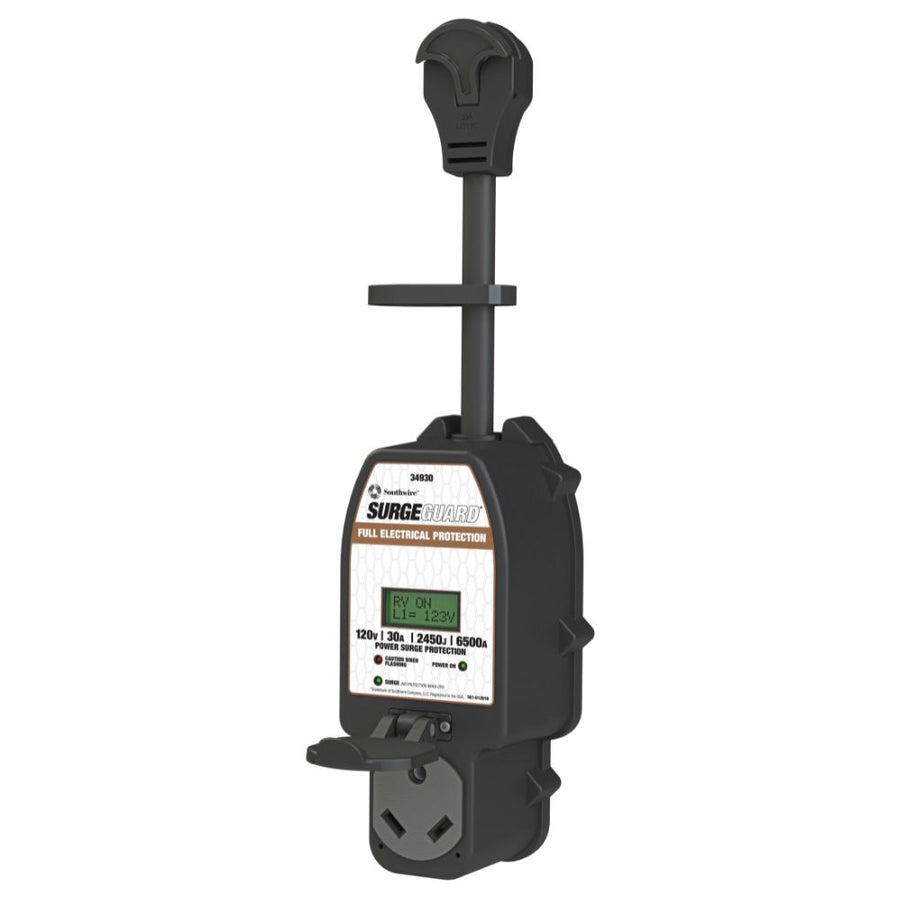

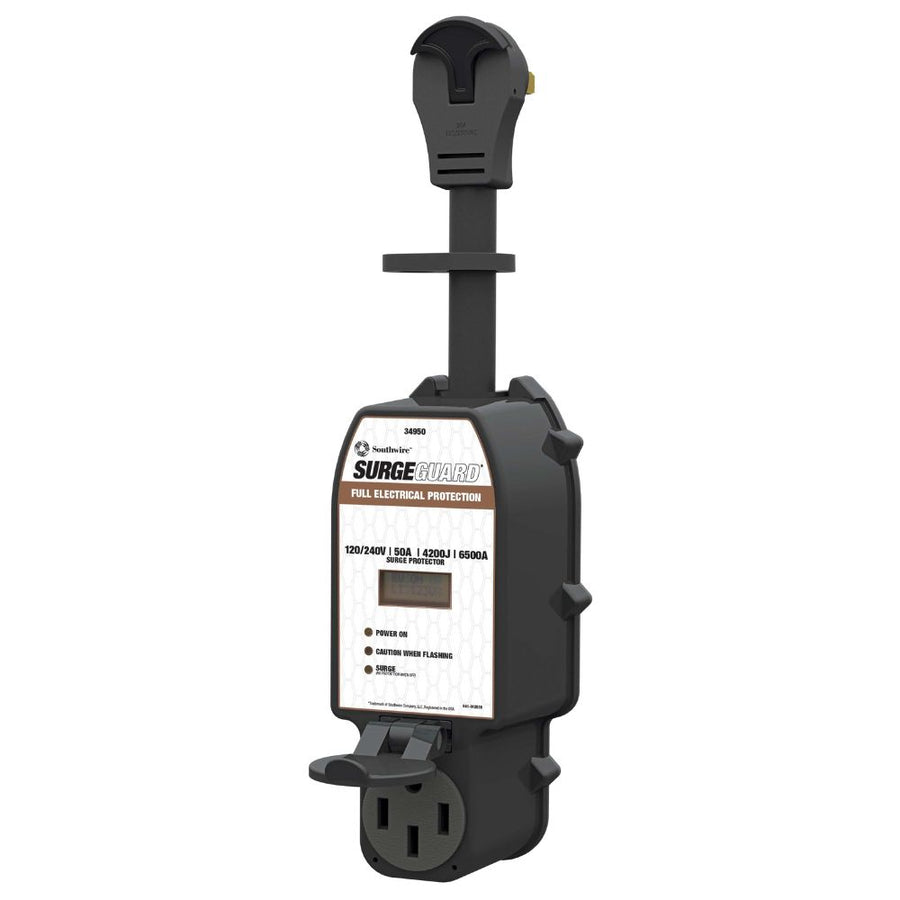


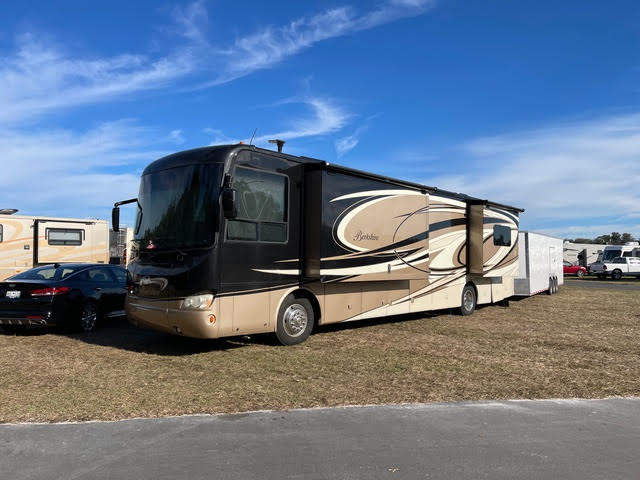
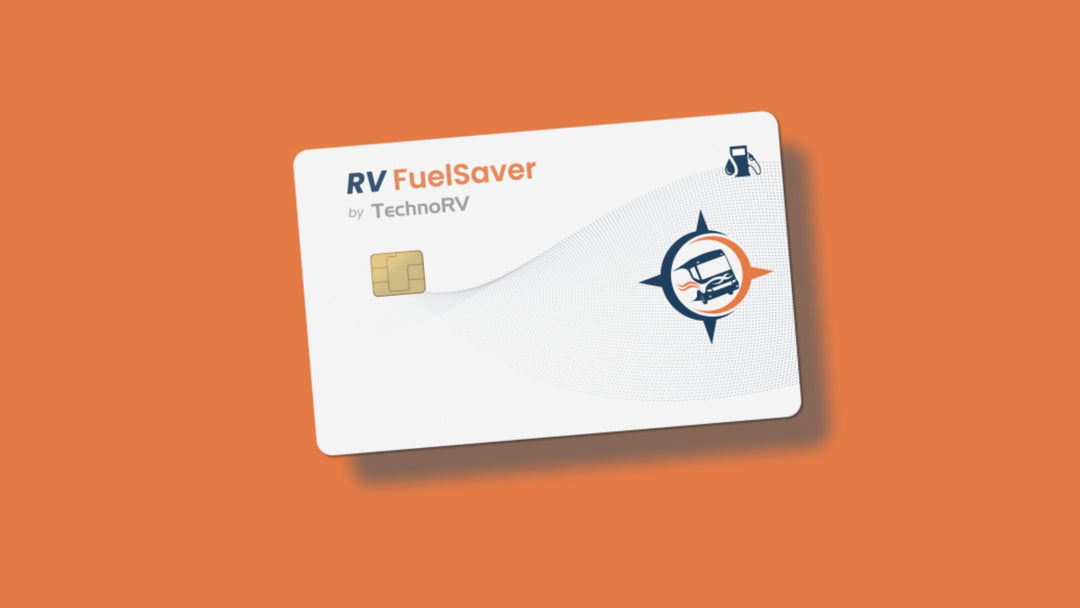
Leave a comment